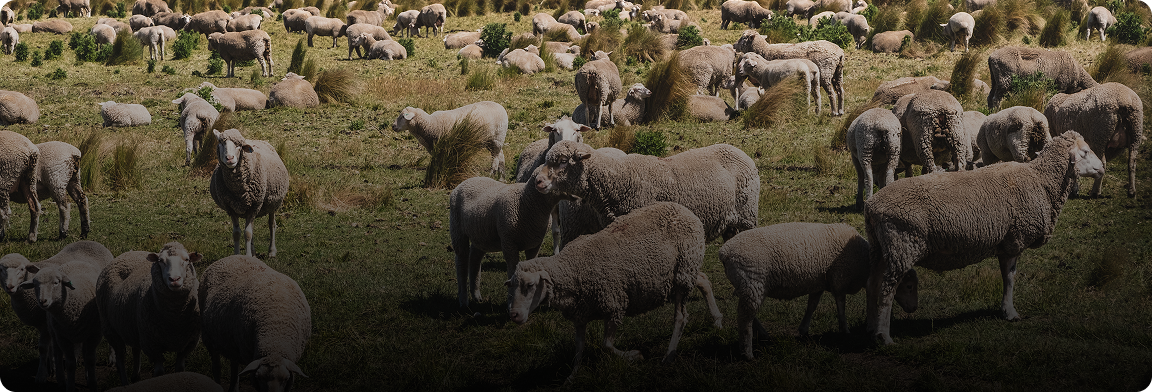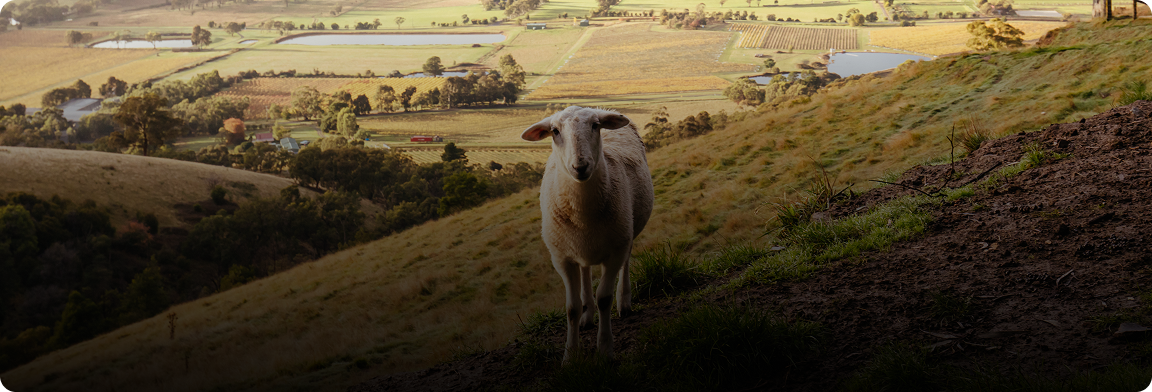Sustainable farming means growing food while protecting the environment. Farmers have many ways to make their farms better for nature and more efficient. One of the exciting ways to do this is by using genetic improvements. These improvements help plants and animals grow stronger, healthier, and better at using fewer resources. This blog will explain how genetic improvements are helping make farming more sustainable. Let’s learn how this works!
What Are Genetic
Improvements?
Genetic improvements are changes that farmers make to the genes of plants or animals. Genes control how plants and animals grow. By changing these genes, farmers can make crops that grow faster, need less water, and resist diseases. They can also breed animals that grow stronger and produce more food. For example, scientists can create plants that can grow in dry areas, which is great for places that don’t get much water. By making these changes, farmers can grow more food with fewer resources, which is great for both the environment and the farm.
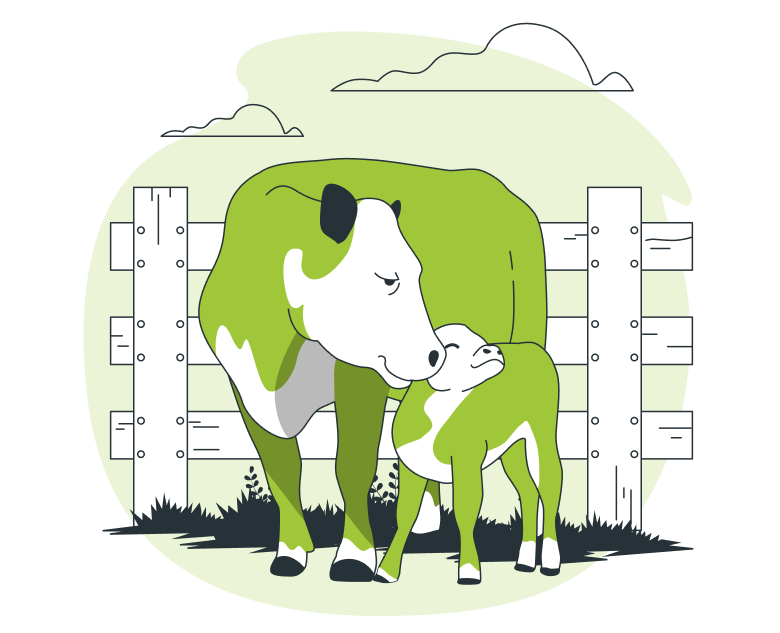
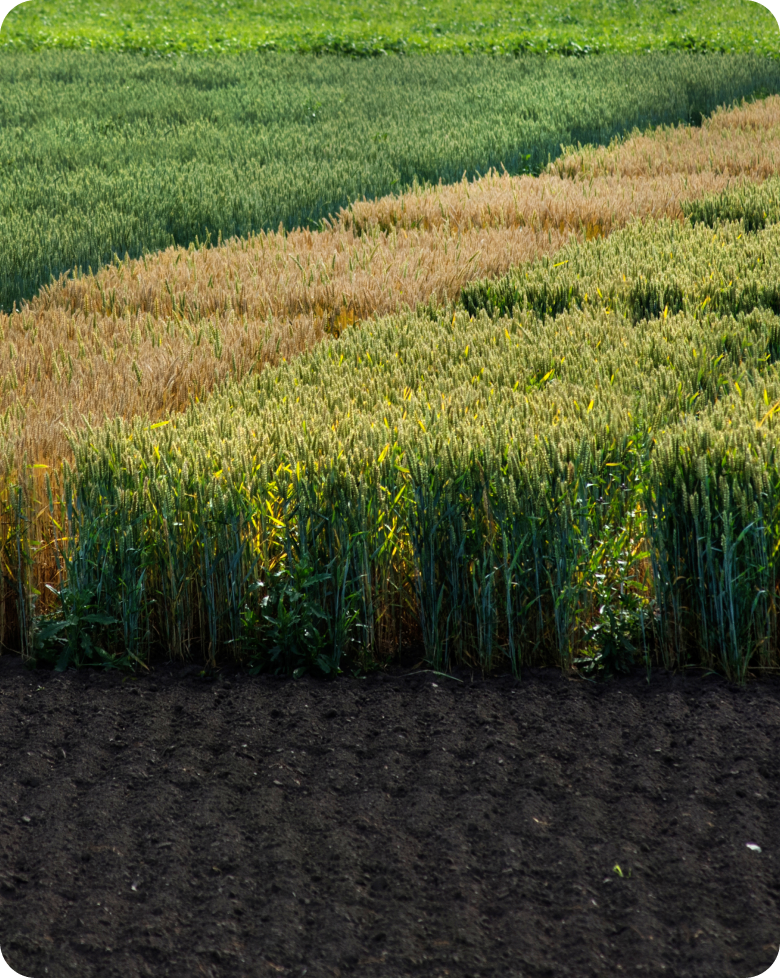
Improving Crop Yields
Genetic improvements help farmers get bigger harvests. Scientists can create plants that grow faster and produce more food. This helps farmers grow more crops in less time. Also, these improved plants can be more resistant to diseases and pests. This means that farmers can avoid using many chemicals, which is better for the environment. For example, instead of using lots of pesticides, farmers can use plants that naturally fight off pests. These changes help farmers grow more food and reduce the impact on the environment, making farming more sustainable.
Using Less Water for Crops
Water is one of the most important resources for farming. However, water can be limited, especially in dry areas. Luckily, genetic improvements help crops use less water. For example, scientists can create drought-resistant crops that don’t need much water to grow. These crops can survive in areas where water is scarce. This helps farmers save water, which is a precious resource. By using crops that need less water, farmers can keep farming even in dry conditions. This is a great way to make farming more sustainable, especially in places where water is hard to find.
Reducing the Need for
Pesticides
Pesticides are chemicals used to protect crops from pests and diseases. However, too many pesticides can hurt the environment. Genetic improvements help crops resist pests without needing chemicals. For instance, scientists can develop crops that naturally fight off insects. This means farmers do not have to use harmful chemicals. This reduces pollution and helps protect other wildlife. When farmers use fewer pesticides, the soil, water, and air stay cleaner, making farming more eco-friendly. It also helps farmers save money on chemicals, which makes their farms more efficient.
Improving Animal Health
Genetic improvements also help animals stay healthier. Scientists can breed animals that need fewer resources and are less likely to get sick. For example, farmers can breed cows that require less food but still produce a lot of milk. These cows are also less likely to get diseases, which means farmers don’t need to use antibiotics. Healthier animals are better for the environment because they require fewer medicines. This helps make farming more sustainable by using fewer resources. Healthy animals are a key part of a successful and sustainable farm.
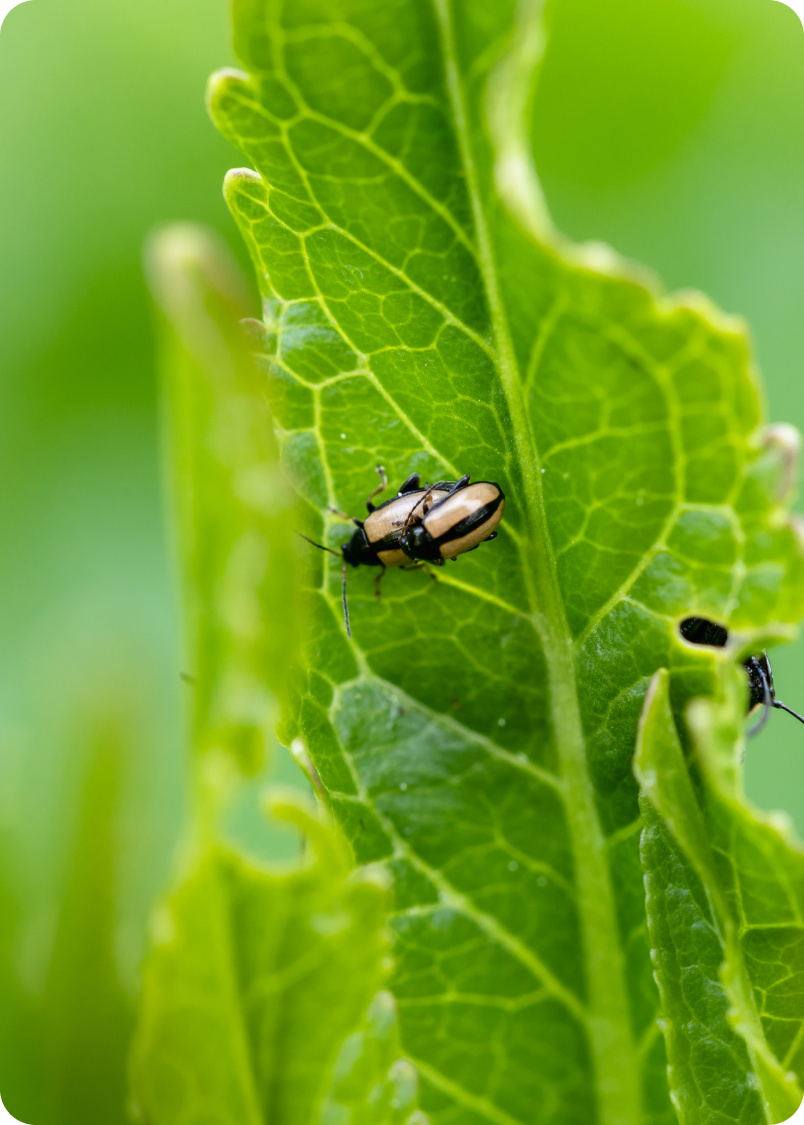
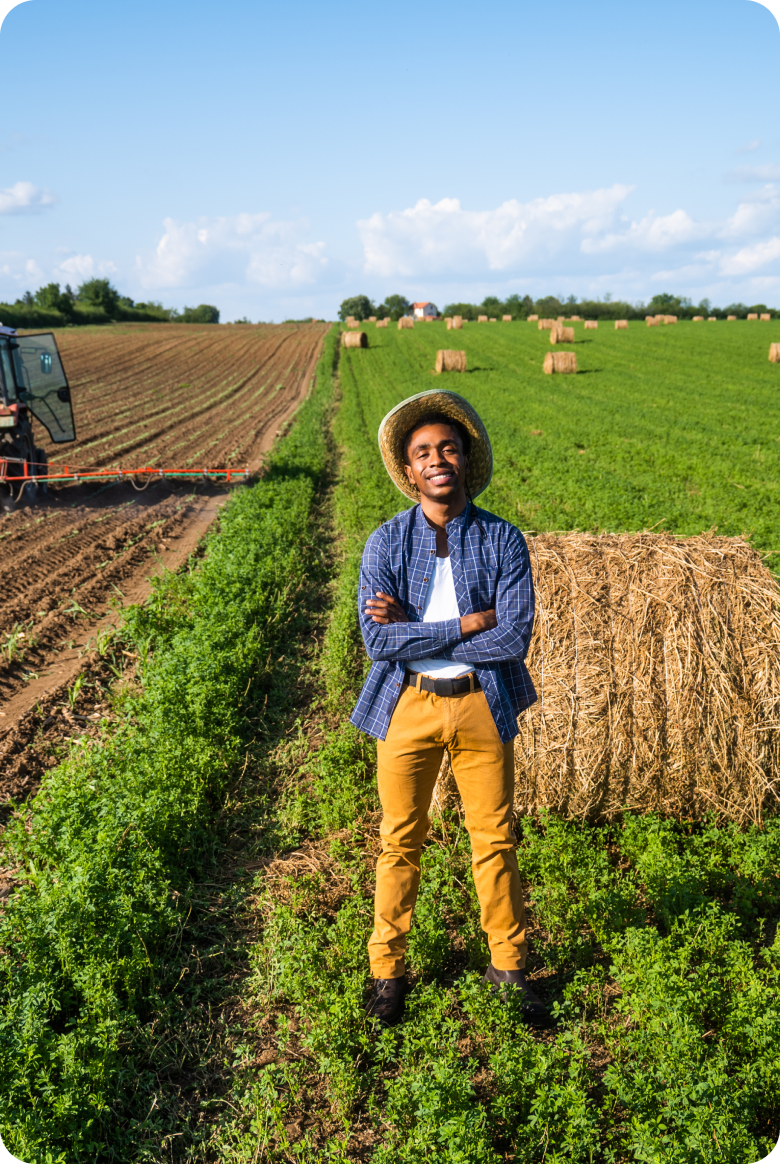
Making Farming More
Efficient
Efficiency means using fewer resources to produce more. In farming, efficiency is important because it helps save money and protects the environment. Genetic improvements help make farming more efficient by creating crops and animals that need fewer resources to grow. For example, scientists can develop crops that grow in poor soil or with less fertilizer. This means farmers can grow more food without needing extra land, water, or chemicals. Efficiency also helps farmers save time and money. It’s a win-win for both the farmers and the planet!
Reducing Greenhouse Gas
Emissions
Farm animals, like cows, produce greenhouse gases, especially methane. These gases are bad for the environment because they contribute to climate change. However, scientists can help reduce these emissions by breeding animals that produce less methane. For example, scientists can breed cows that release less gas into the air. This reduces the overall greenhouse gases from farming. By making animals more efficient and reducing emissions, farmers can help slow down climate change. Reducing greenhouse gases is an important step toward making farming more sustainable for the future.
Genetic Improvements
and Climate Change
Climate change is a big problem for farmers. It causes weather changes that make farming harder. However, genetic improvements can help farmers adapt to these changes. For example, scientists can create crops that survive extreme weather, like heavy rain or heat waves. These crops can help farmers continue to grow food even as the climate changes. Genetic improvements can also help farmers grow food with fewer resources, which is helpful when resources like water or energy are scarce. These changes make farming more sustainable even as the climate changes.
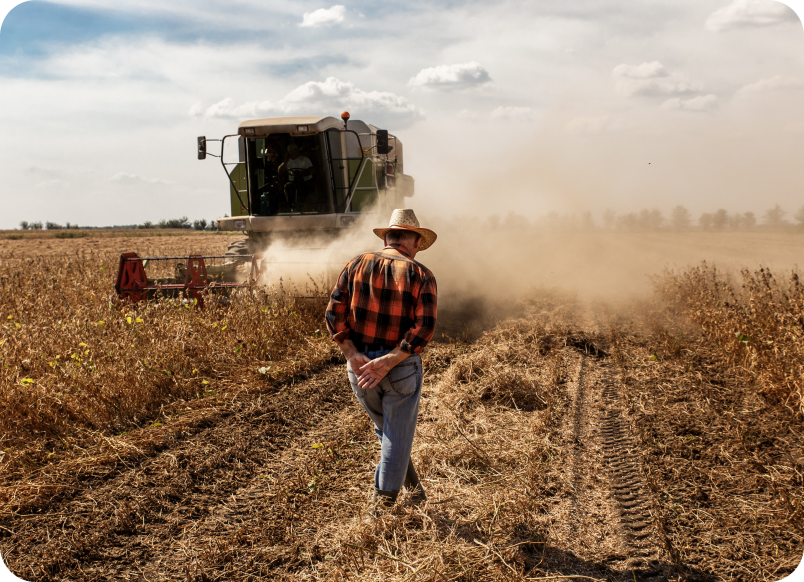
Conclusion
In conclusion, genetic improvements are making farming more sustainable. By improving the genes of plants and animals, farmers can grow more food with fewer resources. These improvements help plants grow faster, use less water, and resist pests. They also help animals stay healthier and reduce the need for chemicals. By making farming more efficient, genetic improvements help farmers save money and protect the environment. These changes help




